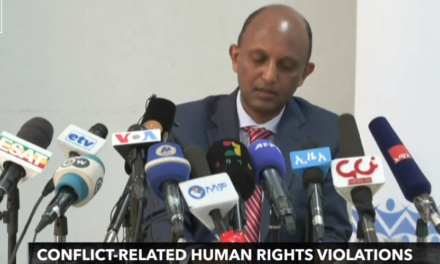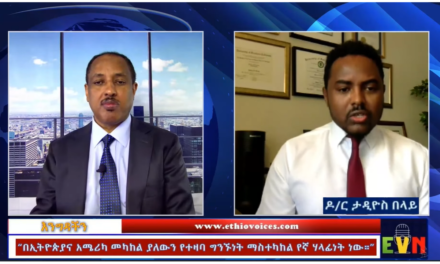Addis Ababa, Dejen Media (August 4) — The Council of Ministers has declared a state of emergency in the Amhara region, as per Proclamation No. 6/2015. The decision was announced during the council’s 23rd regular meeting, where it addressed the escalating armed illegal activities that have rendered regular law enforcement ineffective in the Amhara National Regional Government. The council emphasized that the armed insurrection has caused significant disruptions to the region’s economic and social activities and poses a threat to the constitutional order.
The council justified the state of emergency as a necessary measure to protect public peace and security and enforce law and order. It specifically highlighted the increasing threat posed by the Fano movement to national security and public peace.
In a statement, the council acknowledged the government’s repeated calls for peace, urging all armed forces to pursue a peaceful and legal path. It also recognized that the attacks carried out by armed “extremist” groups have severely damaged the political, social, and economic activities within the region.
The Amhara National Regional Government requested federal intervention in light of the alarming situation, citing grave human, social, and economic disruptions in the region. In a letter addressed to Prime Minister Abiy Ahmed, Dr. Yilkal Kefale expressed the difficulties in controlling the situation through regular law enforcement and urged the federal government to take all necessary steps to enforce law and order in accordance with the federal constitution.
According to Article 93 (1) of the Federal Constitution, the Council of Ministers is empowered to declare a state of emergency when the regular legal system proves inadequate to control a threat to the constitution and the constitutional order.
In addition to the state of emergency declaration, the council also deliberated on draft regulations for establishing Addis Ababa University as an autonomous institution. The move aims to grant higher education institutions the freedom to conduct teaching and research activities without political or administrative interference. A draft regulation was presented to the Council of Ministers to enable Addis Ababa University to maintain its academic and administrative independence as an autonomous university.








